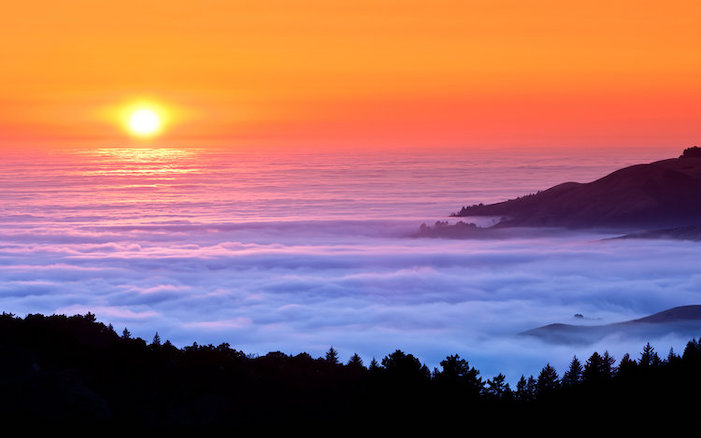Engage in your own unique combination of opportunities while traveling through and settling into Norway.
BUSINESS & ENTREPRENEURSHIP
The Netherlands has played an important role in Europe’s economy for centuries. Frequently ranked among today’s most innovative economies according to the Global Innovation Index, the country has a long history of economic innovation and is home to the world’s oldest stock exchange, founded in 1602.
Former home of the Dutch East India Company, considered by some to have been the world’s first multinational corporation, the Netherlands continues to be a major center of international trade.
Today, Amsterdam is a popular headquarters for major multinational companies including Philips, Heineken and ING, and it is also home to a thriving start-up scene. At close to $70,000, the country’s GDP per capita is one of the highest in the world.
Visit the Amsterdam Stock Exchange and learn about its history and its role in modern Dutch society. Chat with local entrepreneurs while touring a tech startup incubator, or visit a Dutch shipbuilding company to learn about this important sector of the nation’s economy. Then, engage in a company visit to an agricultural company to learn how The Netherlands’ heavily mechanized agricultural sector manages to be a major exporter of agricultural products despite a limited amount of arable land.
HISTORY
Early Dutch history is long and complex and involves a period of domination by the Romans followed by a relatively chaotic period of fragmentation and, for a time, domination by Viking invaders.
Next, the country enjoyed a major economic boom and accompanying cultural flowering in the 17th century known as the Dutch Golden Age. During this period, the Dutch Empire became a major world seafaring power, establishing colonies and trade posts around the world in areas as diverse as Indonesia, Japan, Taiwan, South Africa, and Manhattan.
In the 18th century, the Netherlands entered a prolonged period of relative decline during which its dominant global status was replaced by the British Empire. During the German occupation in World War II, the country lost 75% of its Jewish population to the Holocaust, including Anne Frank and her family.
Take a guided tour of the historic Anne Frank House or visit the Portuguese Synagogue to learn more about the history of Amsterdam’s Jewish community. Then, visit Amsterdam’s Royal Palace and Nieuwe Kerk before wandering the city’s extensive network of canals, many of which are lined with charming houseboats.
ART & CULTURE
Many Dutch painters, including Vermeer and Rembrant, benefitted from the patronage of wealthy merchants who had made their fortunes participating in Dutch international trade and colonial expansion during the Dutch Golden Age.
The economic boom associated with the Dutch Golden Age also led to a flowering of Dutch literature and architecture. The relatively open, tolerant and progressive intellectual climate that existed in the Netherlands during this time also led it to become a European center for scientific innovation and a magnet for scientists and philosophers fleeing the more repressive climate in other neighboring countries. This tradition of cultural openness, tolerance and liberalism has continued into the present day.
Immerse yourself in the world of Dutch art while exploring the Van Gogh Museum, the Rembrandt House Museum, and Rijksmuseum. Then, tour the ornate Royal Concertgebouw concert hall and enjoy a performance or soak up modern Dutch culture while wandering the streets of the trendy Jordaan neighborhood.
AGRICULTURE & ENVIRONMENT
The word “Netherlands” means “lower countries,” making it a very apt descriptor for a country where almost 26% of land is below sea level. The Netherlands is known for its flat landscape dotted with windmills and punctuated by colorful fields of tulips, but few are aware that almost 17% of the country’s land has been reclaimed through an elaborate system of dikes and pumps.
If it weren't for these various land-reclamation efforts, many of which have a history stretching back to the 14th century, then 65% of Dutch land would be submerged at high tide.
Despite the fact that farming has historically been difficult in the Netherlands due to frequent flooding, the country is now an agricultural powerhouse. In fact, according to the UN, it was the world’s second largest exporter of agricultural products in 2022.
Rent bicycles to explore Amsterdam's famed canals and the surrounding Dutch countryside or marvel at the extraordinary biodiversity of the Wadden Sea during a visit to this UNESCO World Heritage Site. Visit the Amsterdam Tulip Museum and learn about the fascinating history of these colorful flowers, demand for which sparked the world’s first asset bubble, known as “Tulip Mania,” in 1634.
